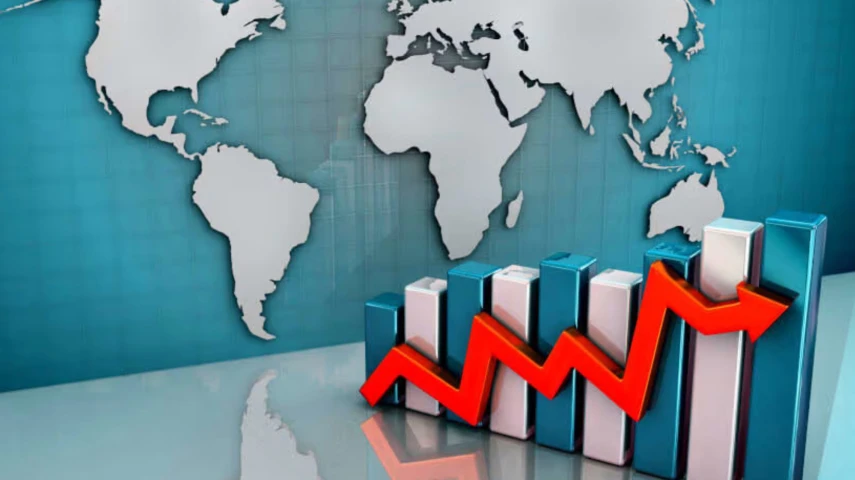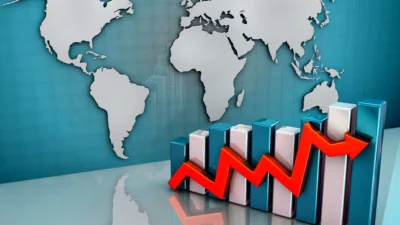International equities drive monthly ETF growth



International equity exchange-traded funds (ETFs) have recorded their third consecutive month with net inflows above $1 billion, according to Betashares.
The firm’s monthly ETF review found that international equities continue to dominate in the ETF space. The asset class enjoyed “another standout month” in August with net flows of $1.4 billion, nearly double that of Australian equities at $751 million and fixed income at $678 million.
Looking at the two months prior, international equities produced net inflows of $1.6 billion in July and $1.2 billion in June.
A recent State Street report discovered that overall global ETF growth is expected to stand at US$43 trillion ($64 trillion) by 2034, from US$11 trillion currently.
The Australian ETF industry overall saw net flows of $3.2 billion in August as investors took advantage of market volatility to add to their portfolios.
“It was the second straight month that monthly flows exceeded $3 billion,” the Betashares report noted.
The month of July observed ETF inflows of $3.5 billion – a new record at the time for the industry. In comparison, June brought in flows of $2.6 billion while May received $2 billion.
Total industry assets have grown to $220.2 billion, with the ETF market growing by 2 per cent for the month, or $4.6 billion, in August. Some 70 per cent of this growth was represented by the strong inflows, while the remainder came from market appreciation and conversion activity.
Australian ETFs’ assets under management recently surpassed the $200 billion milestone in June, thanks to solid gains on global equity markets and strong investor inflows.
Over the past 12 months, the Australian ETF space has expanded by 43.4 per cent, or $66.7 billion.
Six new funds were launched during August, all of which were actively managed ETFs and most of them being conversions of existing unlisted funds into dual class structures.
The highest performing products for the month were the Betashares Strong Australian Dollar Fund (Hedge Fund) at 7.5 per cent and the Betashares S&P/ASX Australian Technology ETF at 5.9 per cent.
This was followed by the iShares Core FTSE Global Property Ex Australia (AUD Hedged) ETF at 5.6 per cent, the VanEck FTSE International Property (Hedged) ETF also at 5.6 per cent, and the Betashares Global Healthcare ETF – Currency Hedged at 4.6 per cent.
Recommended for you
Evidentia’s chief investment strategist Nathan Lim has announced his retirement after a 30-year career.
GQG Partners has marked its fifth consecutive month of outflows as its AI concerns lead to fund underperformance but overall funds under management increased to US$166.1 billion.
Apostle Funds Management is actively pursuing further partnerships in Asia and Europe but finding a suitable manager is a “needle in a haystack”.
Managed account provider Trellia Wealth Partners, formed from the merger between Betashares and InvestSense, has appointed its first managing partner.











